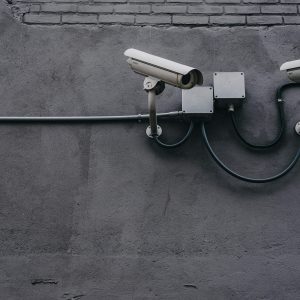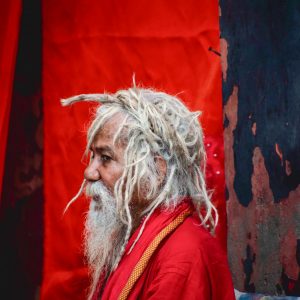Senegal moves to erase colonial past
West African nation moves to rename streets and rewrite textbooks to honour its own history
DAKAR, Senegal (MNTV) – West African country Senegal, a former French colony, is now moving to rename public places and rewrite school textbooks to better reflect its own history and heroes.
This initiative is part of a broader effort by the government to reclaim Senegalese identity and move away from the lingering influence of French colonial rule.
For decades, Senegal’s major streets, squares, and public landmarks have been named after French officials—symbols of a past rooted in conquest, slavery, and oppression.
One such example is “Boulevard du General de Gaulle” in Dakar, a reminder of France’s deep historical ties to the country.
However, under President Bassirou Diomaye Faye’s administration, these names will soon be replaced with those of Senegalese figures who have shaped the nation.
Many citizens welcome the move. Matar Seck, a local meat vendor working on “Avenue Faidherbe,” named after a brutal colonial governor, believes the time for change is now.
“I have been to Barcelona, Rome, and Milan, but I have never seen European cities naming their streets after Africans. We have our own heroes. Why not name streets after them?” he told local media outlets.
He said the avenue should be named instead after the legendary Senegalese musician Youssou Ndour.
Beyond renaming public places, President Faye’s government is also revising school curricula to ensure Senegalese students learn history from an African perspective.
The changes are part of a broader push to distance the nation from its colonial past. In the long run, Faye even aims to replace French as the country’s official language, a major step in reducing France’s cultural footprint.
Senegal’s move coincides with its decision to end its long-standing defense agreement with France. The government has requested the withdrawal of 350 French troops stationed in the country, marking another step in a growing trend across West Africa.
Similar actions have taken place in Niger and Mali, where military-led governments have expelled French forces and renamed major streets to honour anti-colonial leaders.
While many Senegalese celebrate the reclamation of their history, some argue that economic concerns should take priority. Youth unemployment remains high, and thousands of young men continue to migrate illegally to Europe, escaping poverty and a struggling job market. Many risk their lives on treacherous routes, hoping for better opportunities.
President Faye’s “Senegal 2050” plan promises to address these challenges by increasing wages, boosting local production, and investing in the energy sector. However, many citizens are still waiting to see real economic improvements.
As Senegal moves forward with rewriting its colonial past, the government faces the challenge of balancing historical justice with economic progress.
While the renaming of streets and rewriting of textbooks mark a new chapter in Senegal’s independence, the administration will also need to deliver on its promises of economic transformation to fully satisfy the hopes of its people.










